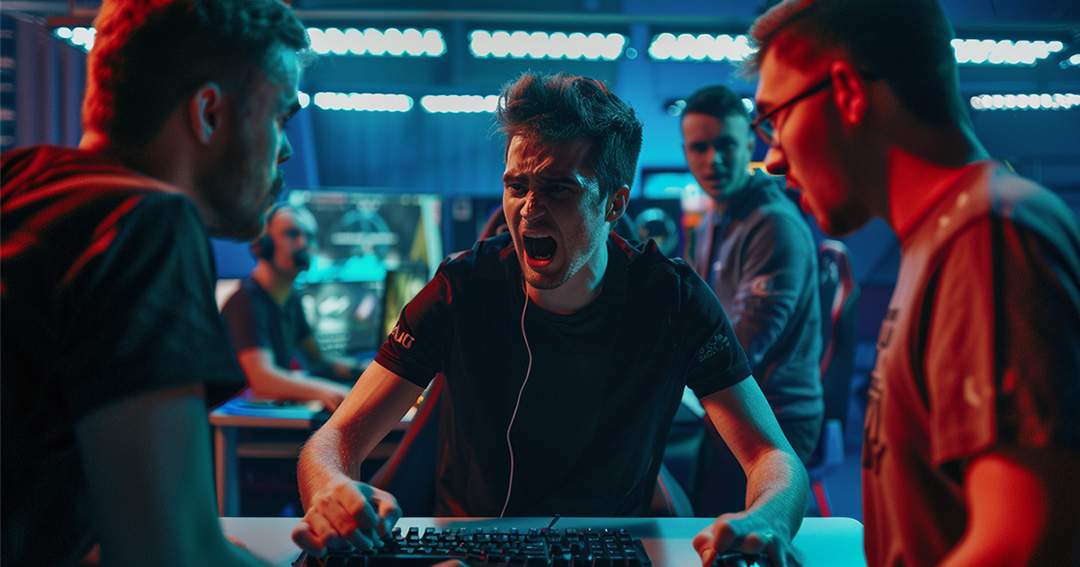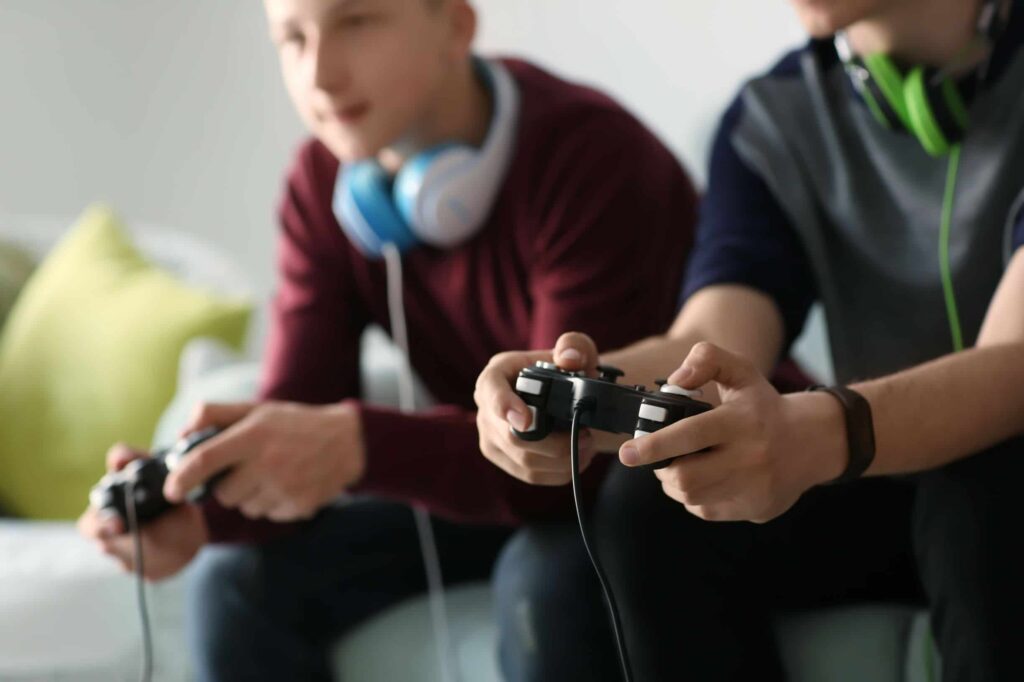Legal Considerations of Sanctions in eSports Organizations

Introduction
In recent years, the rapid development of the eSports industry has heightened the importance of implementing sanctions to maintain the fairness and integrity of competitions. Proper responses to violations of regulations and misconduct by players are essential elements for the credibility and sustainable growth of eSports. This article will detail the legal framework and practical considerations for Japanese eSports organizations when imposing sanctions.
Guarantee of Due Process
In the implementation of sanctions, it is a fundamental principle that they are applied appropriately in accordance with pre-established rules.
This is based on the legal principles known as the “Principle of Clarity” and the “Guarantee of Due Process.”
By ensuring transparent procedures, it becomes possible to prevent unexpected sanctions and arbitrary enforcement.
As a substantial procedural guarantee, ensuring the opportunity for “Notification and Hearing” is particularly important.
It is essential to notify the subject of the sanctions about the basis and content of the measures in advance, provide a sufficient preparation period, and offer an opportunity for explanation either in writing or orally.
Specifically, it is necessary to clearly indicate the content of the disposition, the regulations on which it is based, and the specific details of the actions deemed to be violations, and then provide an opportunity for explanation.
In this process, the opportunity for the subject to submit evidence and present counterarguments must also be appropriately secured.
Organizations are not permitted to impose sanctions unilaterally without hearing the opinions of the subject, and they are obligated to sincerely consider the submitted evidence and arguments.
Application of the Principle of Proportionality and the Principle of Equality
The severity of sanctions must be appropriate to the seriousness of the violation, a concept known as the “Principle of Proportionality.”
For instance, imposing severe sanctions such as expulsion or indefinite suspension, which could affect an athlete’s career, for a simple procedural violation, is likely to contravene the Principle of Proportionality.
Additionally, the “Principle of Equality” requires the fair application of sanctions to all individuals involved.
It is crucial to thoroughly review and document precedents to ensure that the treatment is not unequal compared to similar past cases.
Particularly when imposing aggravated or mitigated sanctions, it is necessary to clearly state the reasons for such decisions.
Sanctions by eSports Organizations: A Practical Perspective
In the activities of eSports organizations, when misconduct by affiliated players or rule violations by tournament participants occur, it may become necessary to impose sanctions to maintain organizational discipline.
Specific examples include gaining unfair advantages through access from prohibited overseas servers and violations of identity verification regulations due to proxy participation.
In response to these violations, measures such as strict warnings, suspensions, forfeiture of prize money, and revocation of future participation rights are implemented, depending on the severity of the case.
While the content and requirements for imposing sanctions are generally left to the discretion of the respective organization, there are certain limits to this discretion.
If the actions significantly contradict important common legal principles, there is a heightened risk of the discretion being deemed excessive and thus invalid.
Particularly, it is crucial to always be aware that the procedures and appropriateness of the sanctions may be subject to subsequent legal review.
Current Status and Challenges of the Relief System
The Japan Sports Arbitration Agency, a public interest incorporated foundation, plays a crucial role as a specialized institution for dispute resolution in the sports sector.
In past arbitration decisions, criteria have been established for cases where sanctions are revoked, such as the following (Arbitration Case No. JSM-AP-2003-001, etc.).
- When the organization’s decision violates its own established rules
- When the decision does not violate the rules but is significantly lacking in rationality
- When there are defects in the decision-making process
- When the rules themselves violate the legal order or are significantly lacking in rationality
If there is dissatisfaction with the sanctions, ideally, it is desirable to establish an internal appeal process within the organization that allows for a fair and impartial review.
However, if such procedures are not in place or fairness cannot be ensured, the affected party may have no choice but to consider filing a petition with the courts or external agencies.
Currently, domestic e-sports organizations are not affiliated with the Japanese Olympic Committee (JOC), and therefore do not meet the “sports organization” requirement of Article 3, Paragraph 1 of the Sports Arbitration Rules, making it impossible to utilize this arbitration system.
However, the aforementioned criteria serve as a valuable legal guideline for assessing the validity of sanctions in the e-sports field as well.
Future Outlook
The approach to sanctions in the esports industry is expected to evolve alongside the development of the competitions.
In particular, addressing issues unique to online competitions, such as dealing with fraudulent activities, and establishing unified standards for international tournaments are emerging challenges that need to be addressed.
Establishing a transparent sanction system and developing appropriate remedies are essential elements for the healthy growth of esports.
Practical Recommendations
To enhance the effectiveness of sanctions, it is recommended that Japanese e-sports organizations implement the following practical measures.
First, it is necessary to establish internal regulations that detail the criteria and procedures for making disciplinary decisions.
Additionally, creating and maintaining records at each stage from consideration to execution of sanctions is crucial.
Furthermore, by building a collaborative framework with legal departments and external legal experts, and regularly reviewing and updating regulations, organizations can operate a more appropriate sanction system.
Such organizational improvements are expected to enhance the fairness of sanctions and reduce the risk of disputes arising afterward.





















